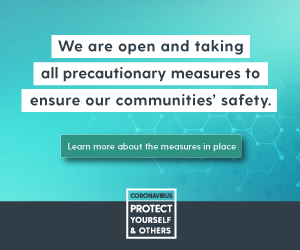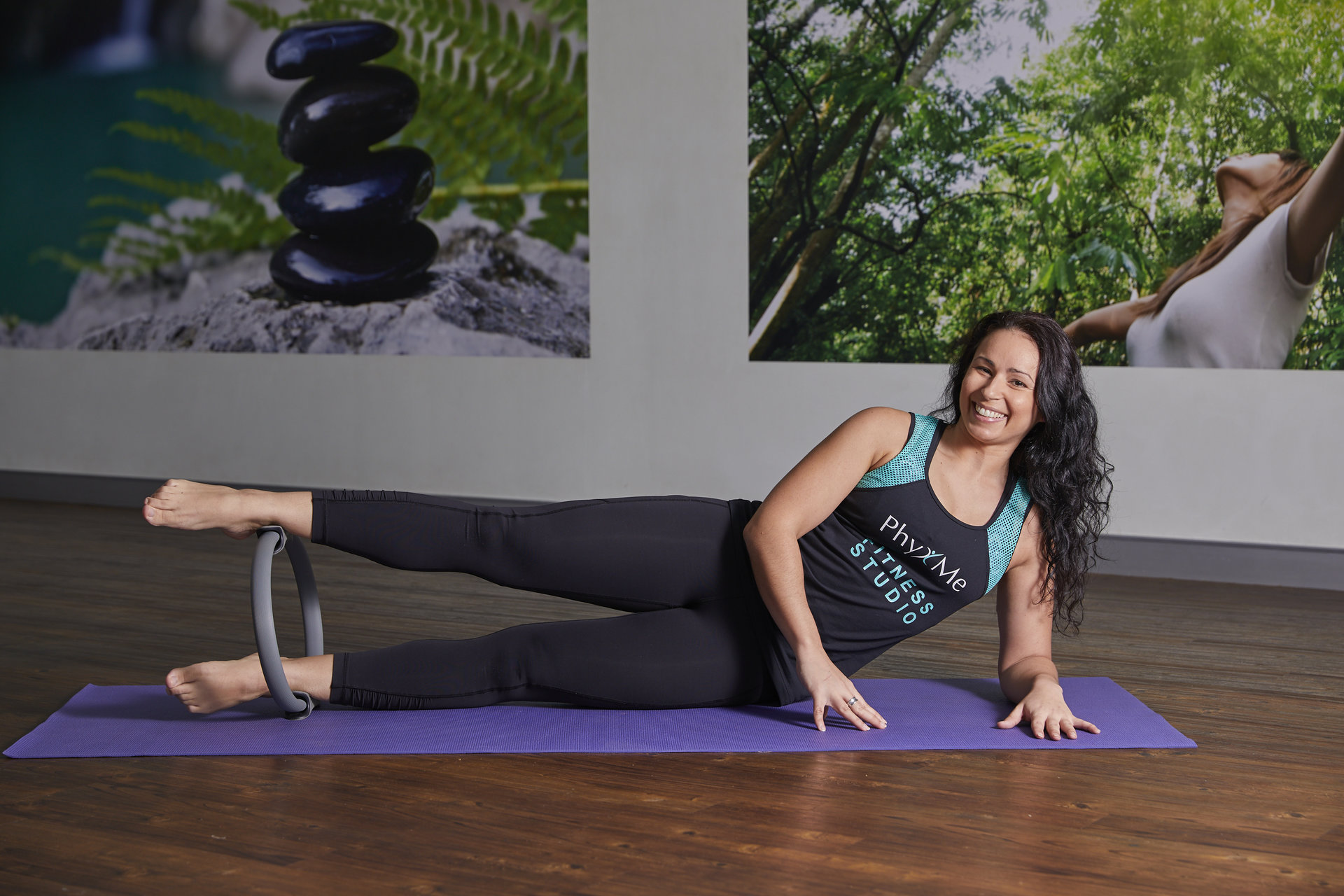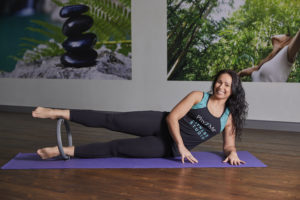 Tropic Magazine Issue 16
Tropic Magazine Issue 16
FEBRUARY – MARCH 2019
Opinion column, by Megan Thomas
“First one in the shower wins!” I call out to my two children in order to achieve the first step in the evening routine as quickly as possible.
They race off, pushing and shoving their way past each other to the bathroom. Neither of them ask “wins what?” – all that seems to matter is one of them will be first, and to my relief, that’s enough to drive the evening shower motivation.
So, what is it about a challenge that we love so much?
‘Nothing,’ I hear some of you say. I beg to differ. I think there is an in-built competitive drive in all of us, just some (like me) are more wired than others.
The aspect of challenge is what makes us successful, no matter how small the success is (from passing a test, getting a date, being fit, or even beating your sibling to the bathroom).





 Tropic Magazine Issue 16
Tropic Magazine Issue 16





 It may not be as bad as you think
It may not be as bad as you think


 How we get netballers back on the court
How we get netballers back on the court


















